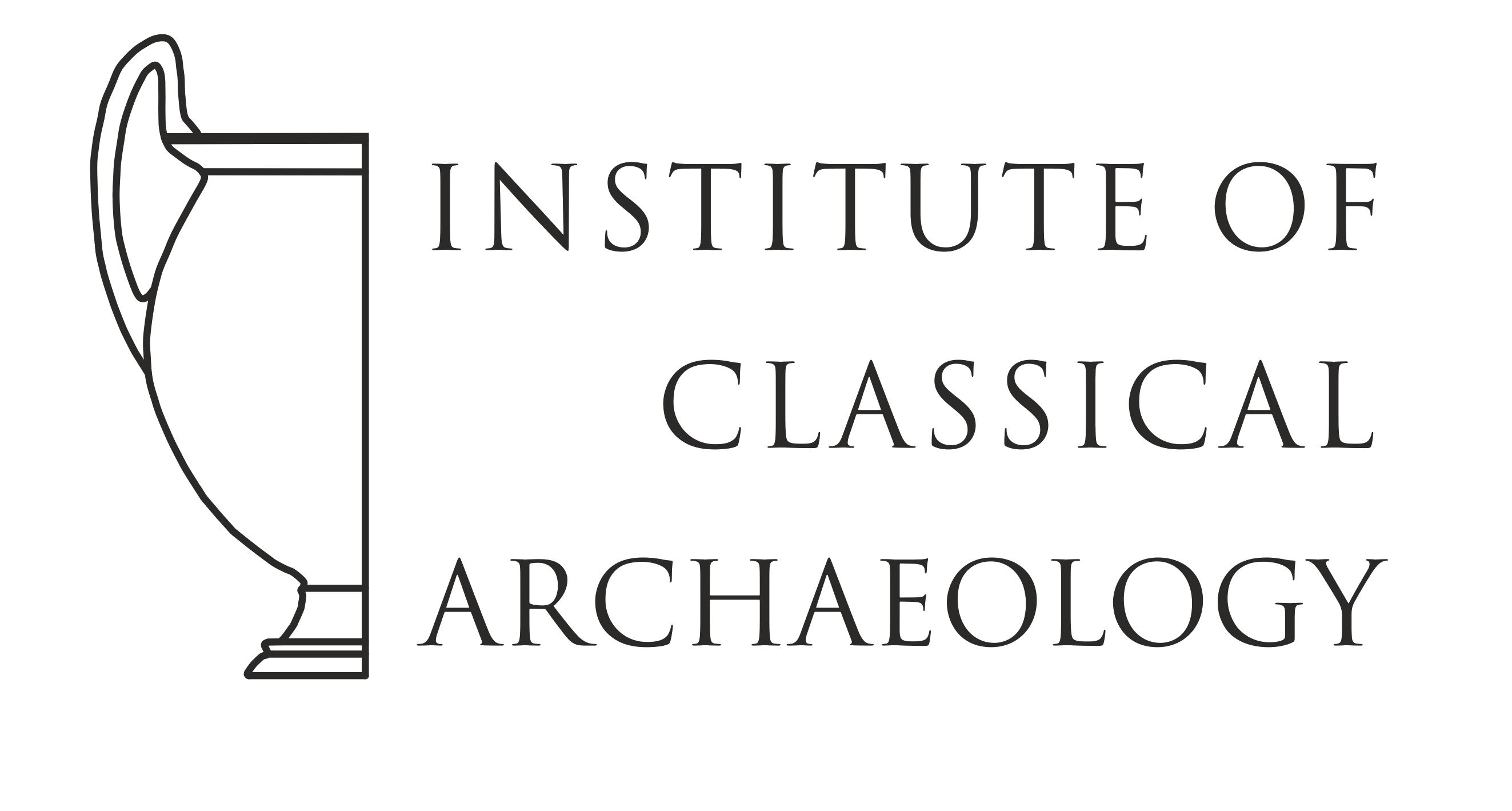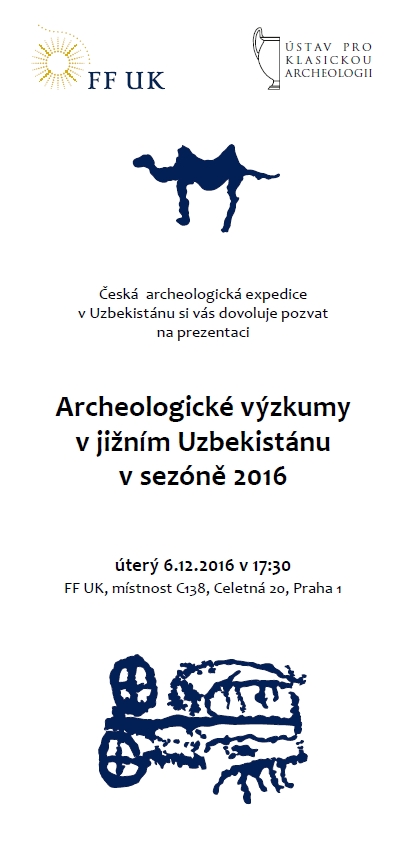Welcome candidates! For a quick overview, please see the How to Apply portal at the Charles University web page, and the Admissions section at the Faculty of Arts web page, where requirements, links to degree programs, and deadlines are listed.
Undergraduate (Bc.) Profile
-
basic knowledge of ancient art and other artifacts of the ancient world
-
a command of the history and prehistory of the La Tène and Roman periods in the Czech Republic
-
basic fieldwork and artifact management skills
-
a sound start for master’s degree study in Classical Archaeology
-
assistant archaeologists on excavations and expeditions
-
staff of museums, scientific institutions, archaeological preservation offices and conservation agencies
-
professional tour guides and organizers with travel agencies
Admissions
The admissions procedure consists of two rounds.
Candidates take a specialized test (10 questions) to gauge their general knowledge of Classical, Prehistoric and Medieval archaeology. See sample tests.
Candidates also write an essay on one of five prescribed topics from Classical, Prehistoric and Early Medieval archaeology.
Personal interest: Candidates who score sufficiently on the written exam are invited to an interview, where they are asked to demonstrate their interest in the field of archaeology in conversation based on a submitted reading list of publications related to classical archaeology, ancient history, ancient literature, and ancient art.
Visual skills: As part of the interview, candidates are tested on their spatial awareness and their understanding of the relationships underlying ancient art.
Language skills: Candidates are asked to translate two short specialized text from two foreign languages (English, German, French, Italian, Russian) into Czech or Slovak
Candidates must submit a reading list to the interview committee.
Suggested Reading
- Barker, G. – Rasmusen, T. 2005: Etruskové. Praha.
- Borbein, A.H. – Hölscher, T. – Zanker, P. 2000: Klassische Archäologie. Eine Einführung. Berlin.
- Bouzek, J. 2003: Etruskové, jiní než ostatní národy. Praha.
- Bouzek, J. – Kostomitsopulos, F. – Sklenář, K. 1984: Dějiny archeologie II. Praha.
- Bouzek, J. – Ondřejová, I. 1989: Periklovo Řecko. Praha.
- Bouzek, J. – Ondřejová, I. 2004: Řecké umění. Učební texty. Praha.
- Bouzek, J. – Ondřejová, I. – Musil, J. 1997: Úvod do klasické archeologie, Praha.
- Buchvaldek, M. 1985: Dějiny pravěké Evropy. Praha.
- Burian, J. – Oliva, P. 1984: Civilizace starověkého Středomoří. Praha
- Durando, F. 1997: Řecko. Úsvit západní civilizace. Praha
- Hanuš, K. – Nesměrák, M. 1989: Vývoj architektury a umění I, skripta ČVUT. Praha.
- Hošek, R. – Marek, V. 1990: Řím Marka Aurelia. Praha.
- Hölscher, T. 2006: Klassische Archäologie, Grundwissen. Stuttgart.
- Liberati, A.M. – Bourbon, F. 1998: Starověký Řím. Praha.
- Marek, V. – Oliva, P. – Charvát, P. 2008: Encyklopedie dějin starověku. Praha.
- Novotná, M. (ed.) 2006: Dejiny a kultúra antického Grécka a Ríma. Bratislava.
- Pečírka, J. a kol. 1979: Dějiny pravěku a starověku I, II. Praha.
- Podborský, V. 2002: Dějiny pravěku a rané doby dějinné (skripta MU v Brně). Brno.




